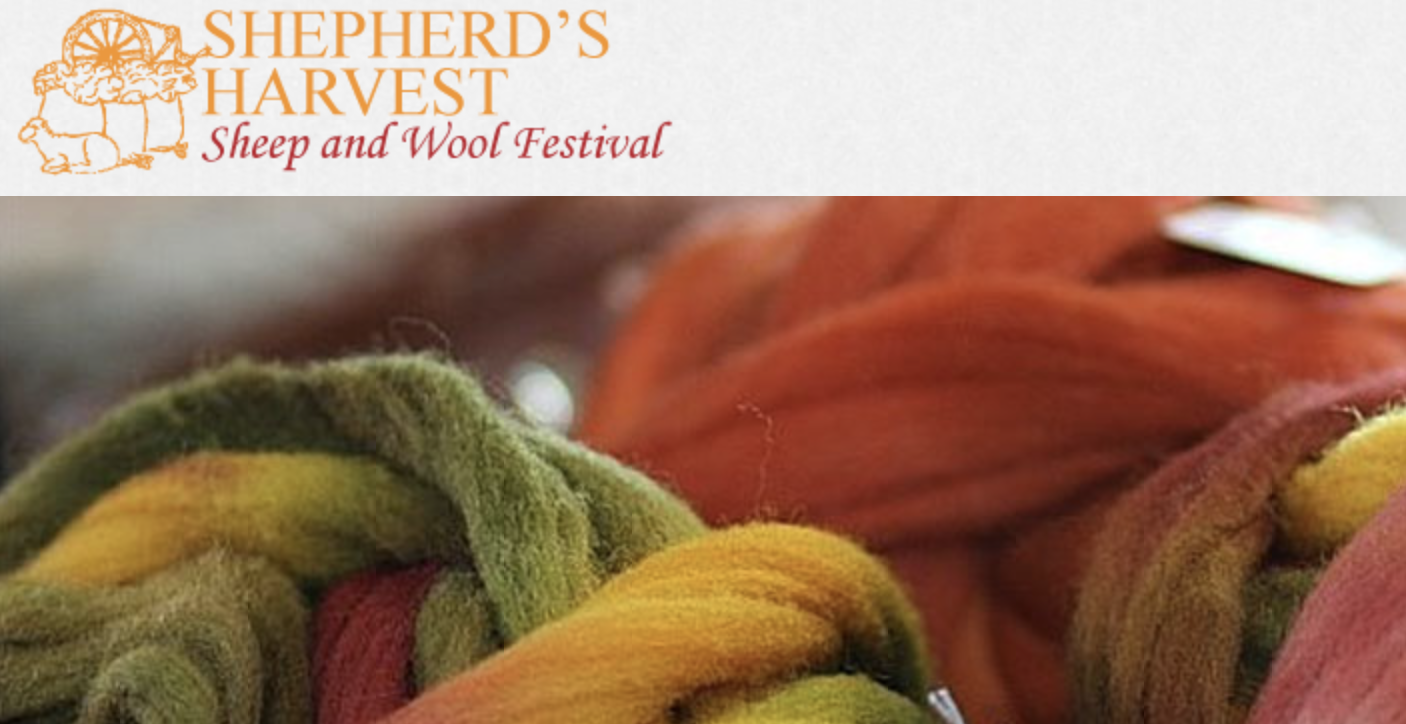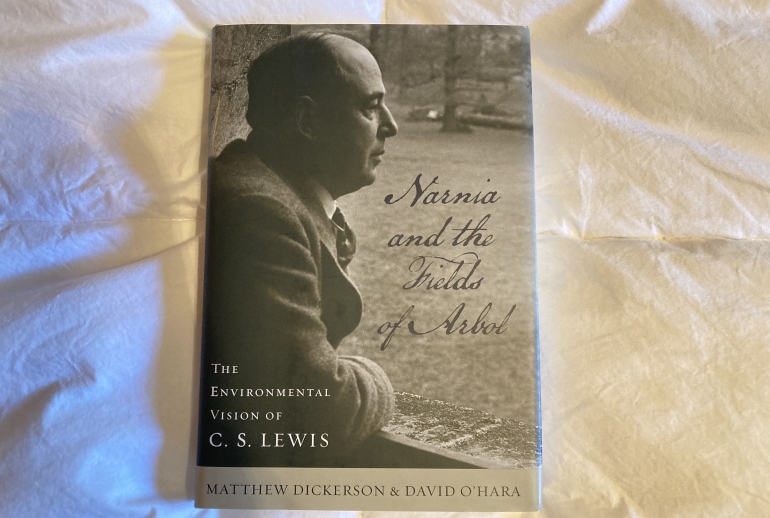Today, after a three year’s hiatus due to the pandemic, Margie, Anita, and I spent the day at the 24th Annual Shepherd’s Harvest Festival. It’s held each Mother’s Day weekend at the Washington County Fairgrounds in Lake Elmo, Minnesota, about 45 minutes from where we live. The only people who attend want to be there. Food trucks line the central grounds—I highly recommend the Jumbo Egg Rolls on a stick, which are served hot with a lovely spicy dipping sauce. Four fair barns are filled with venders, selling wool, yarn, handmade fabrics, clothing, equipment and products for spinning, dying, felting, and sewing, and to make it more interesting, lots of them are demonstrating their crafts in their stalls. There is sheep-shearing, a handmade yurt to examine, a sheep-herding dog demonstration, and classes on everything from adorning your hat with leather to weaving a tapestry, along with chair canning, dying, spinning, and felting. Other barns are full of sheep, llamas, alpacas, and rabbits, all creatures that produce wool. A roaming musician plays hammer dulcimer, and charms families by involving the children.
I have no practical interest in any of these arts, except that they animate Margie and Anita to make things that stun me with their beauty and craftsmanship. Shepherd’s Harvest is, for me, a day to be immersed in and celebrate creation and human creativity. It always changes me and always makes my heart overflow with gratitude and worship. God didn’t just create everything, he created everything brimming, overflowing with possibility beyond human imagining.
It is not surprising that an undercurrent of caring for the earth echoes throughout the festival. These are practical people who know that poisoning the air and water and ground will maim and deform and kill the creatures they raise and love and harvest, for food and fiber. It’s not merely a matter of livelihood—many work paying jobs to allow them their hobby. What it is, is love for the earth and its creatures.
I know it’s love because I interacted with them. The venders were eager to converse, and questions about how they started in their craft, or how many sheep were in their flock easily prompted conversation. It was clear they were there to network—many knew each other—and also to make sales, but what I heard most was love. Love for the creatures they raised and named and bred and sheared, and love for the fibers and fabrics that were produced by their hard work and experimentation and creativity.
Let’s not be idealists here. I understand that if the world is to be fed and clothed more is needed than hobby farmers with 25 sheep and a spinning wheel in their living room. I understand the economics of scale. But I also know that corporate farming and factories overseas require devilish compromises, and that such debts will eventually need to be paid in full. I don’t believe this simply because economic theory predicts it (though it does), but because Scripture demands it. Read 2 Chronicles 36, where the biblical record sees Israel, the people of God, defeated, exiled, routed from the land, and scattered into the nations. Part of the reason for God’s judgment was their failure to care for the earth. The earth is the Lord’s, and we mistreat it at our peril, even if our intensions are, to our minds at least, good. I don’t know the solution to this conundrum, but I do know the need for repentance, and the need to intentionally keep myself grounded in the good things of creation.
I spent several hours of the day at Shepherd’s Harvest people watching. Sitting on a lawn chair we brought, wrapped in a quilt we keep in the trunk (it was 62 degrees and breezy), watching over Anita’s and Margie’s purchases as they walked through the animal barns and watched the dog sheep-herding demonstration a second time. It was a lovely time. Strangers stopped at the picnic table I was at to ask if they could use the rest of the space. I welcomed them and we chatted briefly before they settled into their meal and private conversation together.
It was a reminder how art, craftsmanship, hard work, closeness to creation, and a love of beauty helps human beings be human. Life at the Interface—that unseen border between the visible and invisible aspects of created reality—brings intermittent and brief but real hints of transcendence, and no prior religious or ideological commitment can keep it at bay. I suspect that some tried to suppress it, others simply felt twinges of awe and refused to ask why, thinking it so ordinary as to be unworthy of reflection, and some simply relished the day.
There is a sense that the day at Shepherd’s Harvest was nothing more than ordinary. Very ordinary people using very ordinary skills to perform very ordinary crafts that have been passed down over very ordinary generations to produce very ordinary goods and services needed and appreciated by others. I recognize that and accept it and think it a fine thing. And then there is another sense in which I felt the gentle breath of the Eternal Spirit wafting through the fairgrounds, so that for those with eyes to see, a glimmer of something more, something beyond was not exactly made visible to one’s eyes and mind but was for brief moments somehow truly apprehended by heart and imagination.
I find it entirely unpredictable, but there are unexpected times and bewildering places where the Interface between the physical and spiritual, the visible and invisible becomes for a few brief moments seemingly more translucent, spilling a hint of the extraordinary on the very ordinary things of life in a glorious but broken world. One such time and place for me is Shepherd’s Harvest Festival at the county fairgrounds.
Photo credit: Online Shepherd’s Harvest website logo.



